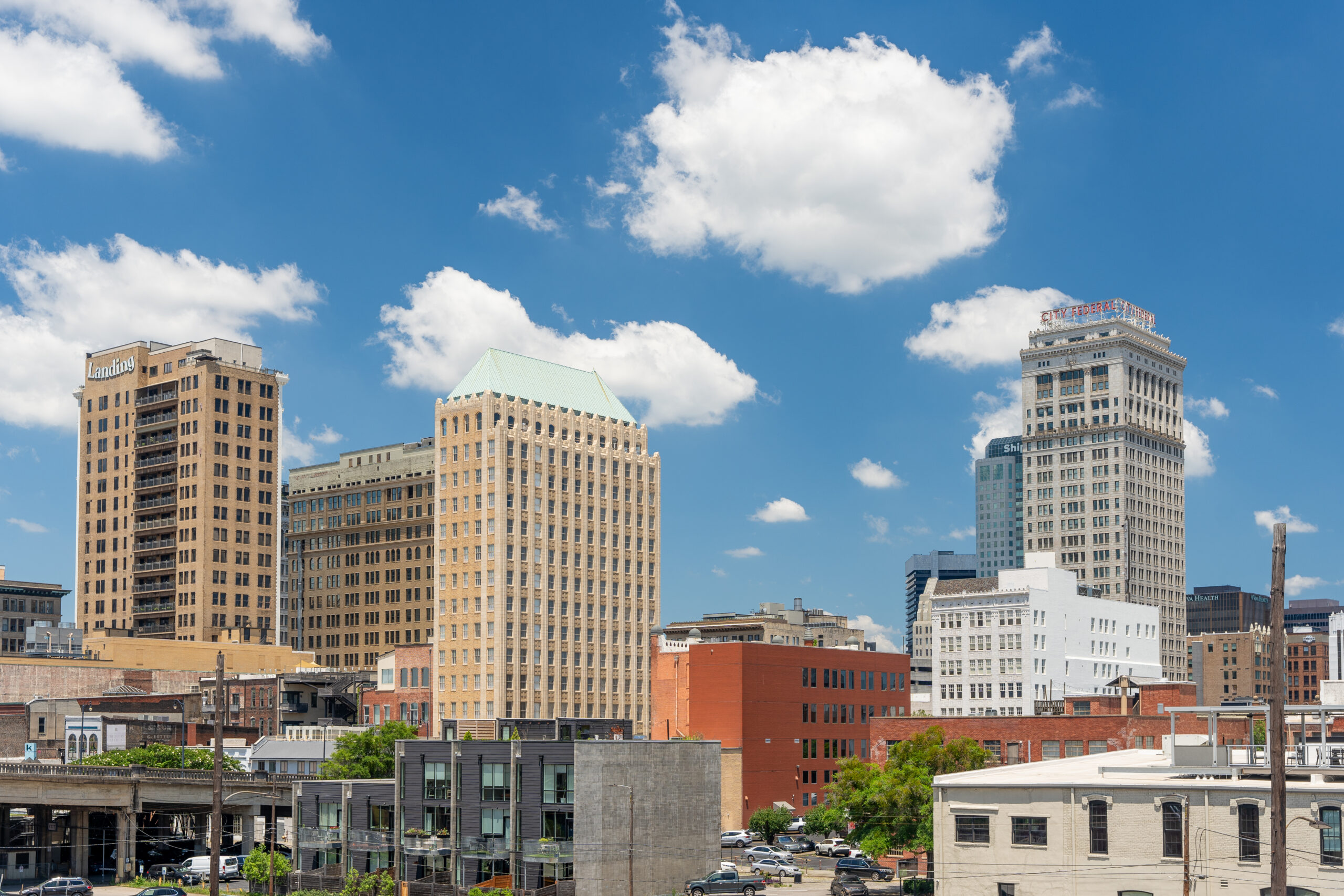Carbon neutrality: Who’s doing it in Birmingham + how you can help
Reading time: 6 minutes

As concern for our environment continues to grow, many companies are taking important steps towards more sustainable practices. With household names like Apple, Google and Nike at the forefront, we’re taking a look at three Birmingham companies working towards carbon neutrality.
What it means when a company wants to become carbon neutral

Carbon neutrality sounds fancy but it’s actually a pretty simple concept. Carbon neutral is a term used to describe a business or individual who takes action to remove just as much carbon emissions from the environment as they put into it.
For example, a company may take a proactive step at becoming carbon neutral by planting an abundance of trees to offset the amount of electricity they use. It’s basically giving back to the planet what you took from it.
Tech giant, Apple, is one of the most recognizable names among companies who are committed to becoming 100% carbon neutral within the next few decades. It’s not a feat that can happen overnight, but it sure is a step in the right direction to address climate change.
Local companies going the extra mile to become carbon neutral
Royal Cup

Besides making a great cup of coffee, Royal Cup Coffee and Tea continues to make an impressive amount of effort to ensure sustainable practices. With awards like the 2019 Manufacturing Innovation of the Year Award, it’s clear that they’re dedicated to environmental responsibility.
By the year 2025, Royal Cup plans to be carbon neutral. This plan will include transitioning to more environmentally friendly packaging and filter paper as well as diverting their trash from landfills by 25%.
The company’s transparency and dedication is admirable. You can check out their latest sustainability report, 2020 goals and long-term goals on their website.
University of Alabama at Birmingham

They aren’t called the Blazers for nothing. UAB is trailblazing the path towards sustainability and setting a great example for other local institutions. This is their overarching aim:
“To establish a clean energy standard of 20 percent renewable energy sourcing by 2025 and cut greenhouse gas emissions, improve resiliency, and increase overall energy efficiency.”
UAB Sustainability Division

One of their main goals is to reduce Scope 1 and 2 carbon emissions by 20% of 2025. I can see the gears turning in your head. What is this scope stuff? According to the EPA, Scope 1 emissions are direct carbon emissions from a company. For UAB this would include things like vehicles and company facilities. Scope 2 are indirect carbon emissions from a company. This includes purchased electricity, purchased heating and cooling and purchased steam (if UAB even uses steam). A reduction of 20% may not sound like a lot, but when put into perspective considering how large UAB is, it’s a pretty big step.
Although carbon neutrality isn’t in the cards for UAB anytime soon, steps like these take a lot of planning and effort. After all, baby steps are better than no steps at all, right?
“UAB announced our Sustainability Strategic Plan in 2019, and it outlines our goals for the next five years. The plan calls for a 20% reduction of Scope 1 and 2 carbon emissions. A key strategy for achieving that goal is the use of renewable energy — 20% of our overall consumption by 2025. In terms of solar energy, that equates to about 35 megawatts of solar. UAB doesn’t have the capacity to get that much energy from rooftop or on-site solar on campus, so we are looking at utility-scale options. Given the rapid deployment of renewable energy across the country, and the great potential for solar in Alabama, we are confident that we can achieve this goal by 2025.”
Bambi Ingram, Interim Manager with UAB Sustainability
Alabama Power

I wish you could see the look of surprise on my face when I saw how “green” Alabama Power is. As one of the largest managers of land and water resources in the state, they work to minimize their environmental impact all while providing reliable electricity.
For over a decade, Alabama Power researched biomass—plant or animal material used for energy production. Biomass is considered carbon neutral since the CO2 emissions from burning biomass is offset by the CO2 that’s absorbed by it as it grows. The company is partnered with a Westervelt Company in Moundville to produce more biomass energy and have incorporated the practice in some of their generation facitilies.
What you can do to help

The best thing about carbon neutrality? Anyone can do it! You don’t have to be a company or a large corporation to be part of the solution. There’s no need to wait for legislation before attempting to become carbon neutral. There are apps that’ll break down every aspect of your carbon footprint—from what you eat to how you use transportation.
Let’s be realistic though. No one is perfect. It takes time, discipline and continuous education. Here are some easy ways to reduce your carbon footprint:
- Sign up for Alabama Power’s “Greener State” program that allows you to purchase renewable energy certificates to cover your electric usage.
- Switch to LED lighting.
- Eat local! We’re all about supporting local businesses but don’t forget about our Alabama farmers.
- Plant trees. We could always use some more shade in this Alabama heat.
- Reduce, reuse, recycle…DUH
If you’re looking for more tips on how to live a more sustainable lifestyle, these articles will help give you a jump-start:
- 5 local businesses bringing beauty + skincare products to you
- 17 ways you can get farm-fresh food curbside or delivered
- BSC’s pollinator gardens + how you can start your own
- 10 simple ways to go green in Bham, including thrifting
- 6 local stores to shop clothing, accessories + more



